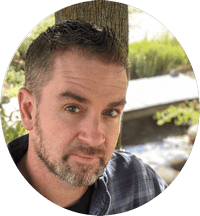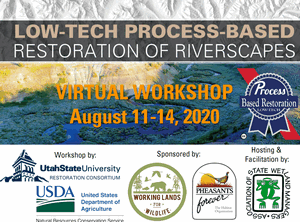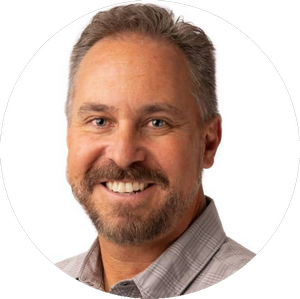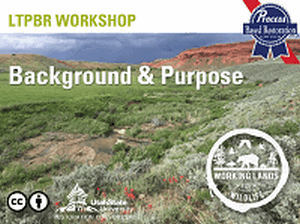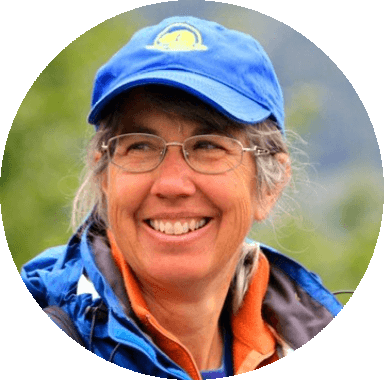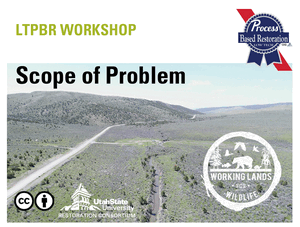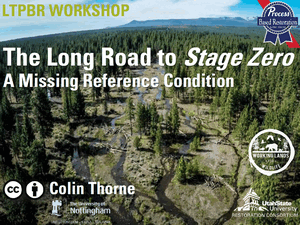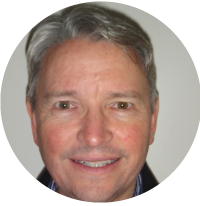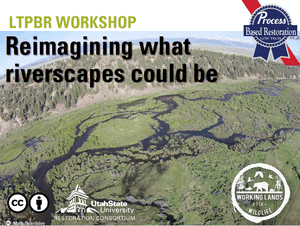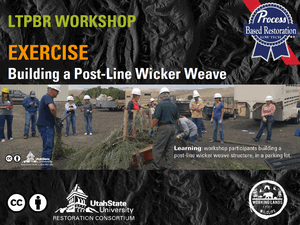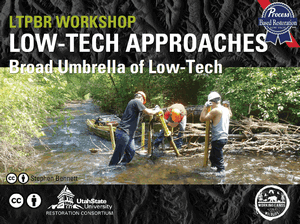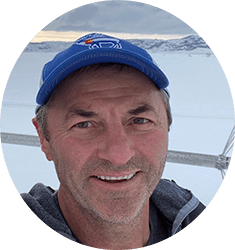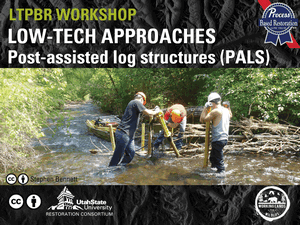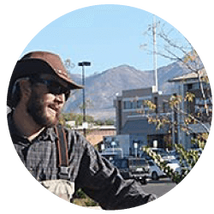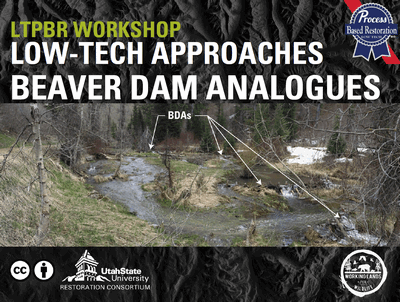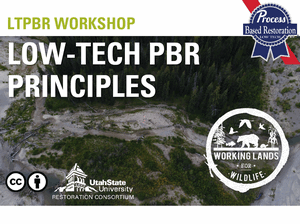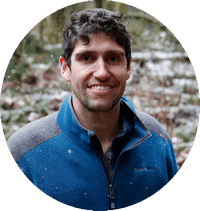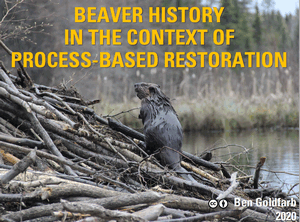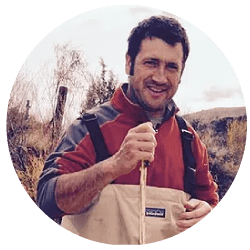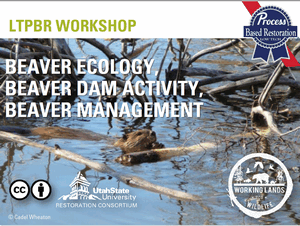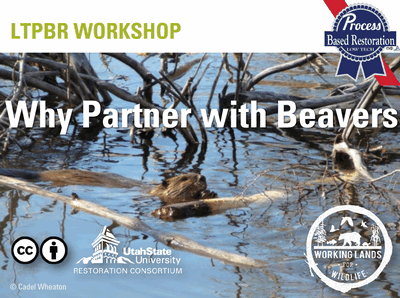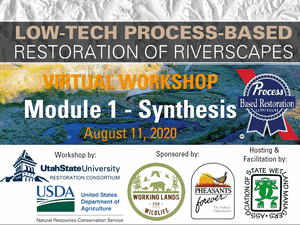Module 1 – Introduction to Low-Tech Process-Based Restoration
Below you’ll find PDFs and video recordings for each topic from this virtual workshop. These materials are licensed under Creative Commons, so you are free to share, adapt, and re-use subject to its terms.
🎥 Module 1 Video Playlist
Watch the entire playlist on YouTube:
Topics
A. Logistics
Presenter:
B. Background & Why We’re Here
Presenter:
C. Scope of the Problem
Presenters:
Explores the scale of the riverscape degradation problem.
The Biophyscial Template for River Corridor Resilience & Legacies of Human Alteration
In 2026, we invited Ellen Wohl to elaborate on the scope of degradation in riverscapes (she refers to as river corridors) and the biophysical template needed for resilience. Watch her lecture below:
D. Missing Reference Condition (Stage Zero)
Presenter:
Explains Stage Zero concepts and thinking outside the channel.
E. What Riverscapes Could Be
Presenter:
Reimagines the possibilities for healthy riverscapes.
🎤 Panel Discussion & Quiz
F. What You Came For – Your First BDA
Presenter:
A hands-on introduction to building Beaver Dam Analogues (BDAs).
G. Broad Umbrella of Low-Tech Restoration
Presenter:
Explores the origins and diversity of low-tech structures.
H. Post-Assisted Log Structures (PALS)
Presenter:
Describes types of PALS and their role in restoration.
I. Beaver Dam Analogues (BDAs)
Presenter:
Explains the beaver-dam-analogue approach.
🎤 Panel Discussion
J. Principles of Healthy Riverscapes
Presenter:
Covers core principles for river restoration.
Since the Manual was published in 2019 and the lecture recorded above, the principles of healthy riverscapes have been further refined by Glassic et al (2025). Here is an adaptation of those original principles of riverscape health:
- Glassic, H.C., Al-Chokhachy, R., Wheaton, J., Macfarlane, W.W., Jordan, C.E., Murphy, B., Shahverdian, S., Bennett, S., Bouwes, N., Fryirs, K., Brierley, G., Ciotti, D., Bailey, P., Bartelt, K., Belletti, B., Bizzi, S., Brasington, J., Camp, R., Fairfax, E., Gilbert, J., Jimenez, J., Maestas, J., Mandish, T., McNamara, A., Miller, S., Morizot, B., Perle, M., Piégay, H., Reid, H., Reynolds, L.V., Saunders, W.C., Shallcross, A., Skidmore, P., Smith, R., Terrier, B., Wathen, G., Weber, N., 2025. Principles of Riverscape Health. WIREs Water 12, e70028. DOI: 10.1002/wat2.70028
🎤 Panel Discussion
K. Beaver History & Biology
Presenter:
Introduces beaver ecology from a historical perspective.
L. Beaver Ecology & Feedbacks
Presenter:
Discusses beaver as ecosystem engineers.
M. Why Partner with Beavers
Presenter:
Covers why to collaborate with beaver in restoration.
🎤 Panel Discussion
Panel Discussion 4 – Q&A Highlights
Q: Beaver are not socially acceptable in my area. What can I do?
A: (Mark Beardsley) Respect social constraints. Education may help, but do not force beaver where unwelcome.
Q: Can we mimic beaver dams instead of real beaver?
A: (Mark Beardsley) You can mimic them, but sustaining the natural processes is more effective for long-term success.
Q: What resources help manage beaver conflicts?
A: (Mark Beardsley) See Beaver Institute.
N. Wrap-up & Preview
Presenter:
Summarizes Module 1 and previews future modules.
